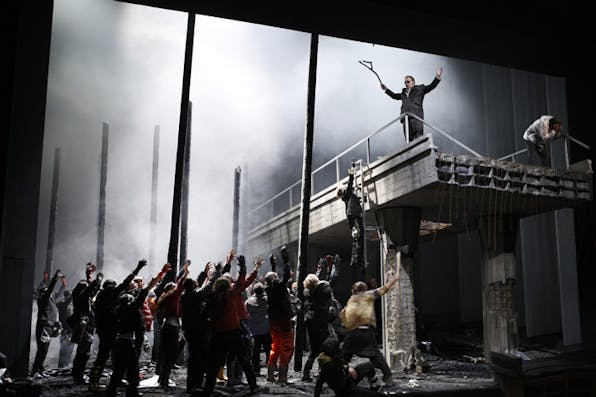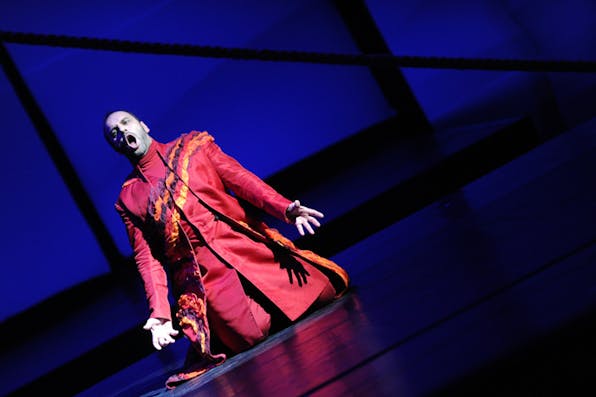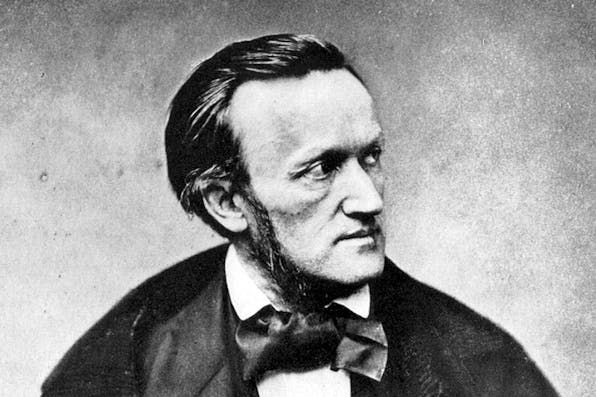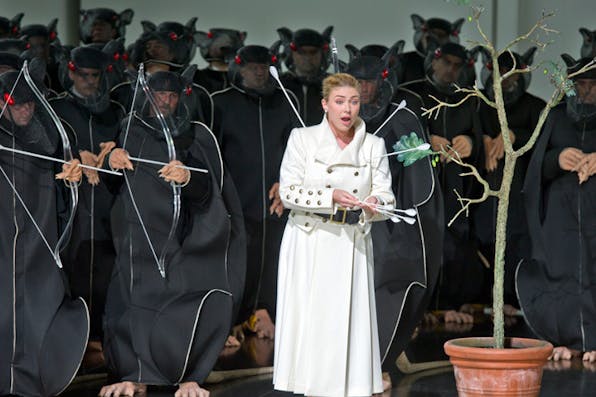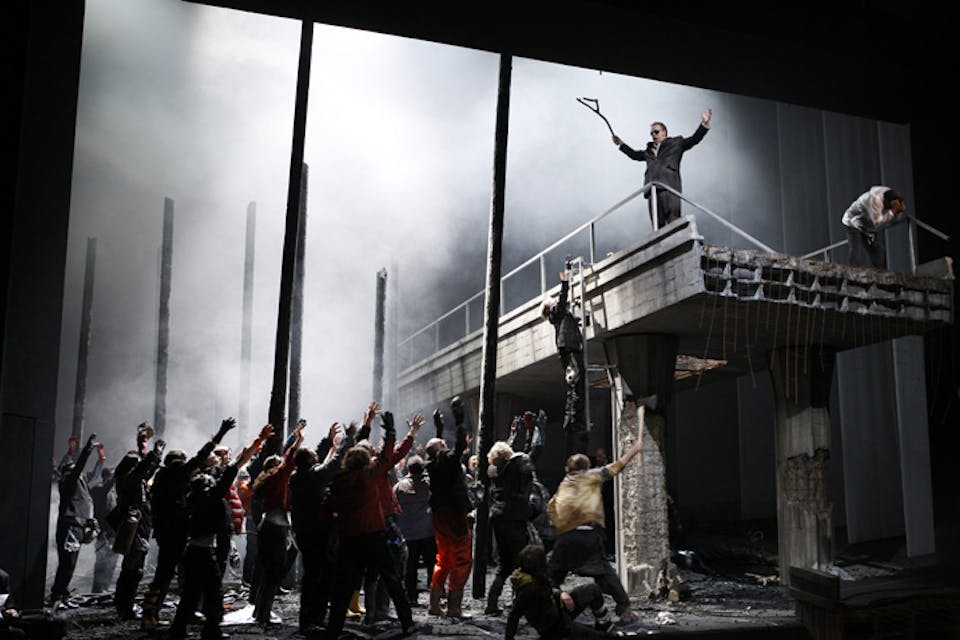
January 12, 2015
Something More Profound than Prejudice
As Wagner illustrates, anti-Semitism is more than a mere dislike of Jews—it's a metaphysical condition that shapes the very way the world is perceived.
Reading Nathan Shields’ powerful essay, “Wagner and the Jews,” reawakened memories from two decades ago when I attended the Bayreuth festival as a music critic. My most potent recollections are not of the performances I heard of Wagner’s music; nor do I recall any great revelations about the mind of the master who designed and built this self-aggrandizing temple. But I was left with three sensory impressions, and they have proved indelible.
First there was the sound of the theater, the venerable Festspielhaus. The music had an almost material presence. It didn’t seem to emerge from the orchestra pit extending under the stage but took shape, instead, in the resonant air of surrounding space, like the sound of an organ in a great cathedral. Wagner was as great an acoustician as he was an orchestrator.
A heat wave that summer had also led to triple-digit temperatures inside the theater, where no whir of a ventilation system or whisper of an air-conditioner’s compressor was permitted to pollute the sonic purity of the sacral music. My tuxedo was as sweat-drenched as if I had been spending the Wagnerian hours hammering furiously near the fiery furnaces of Alberich and his Nibelung dwarfs.
